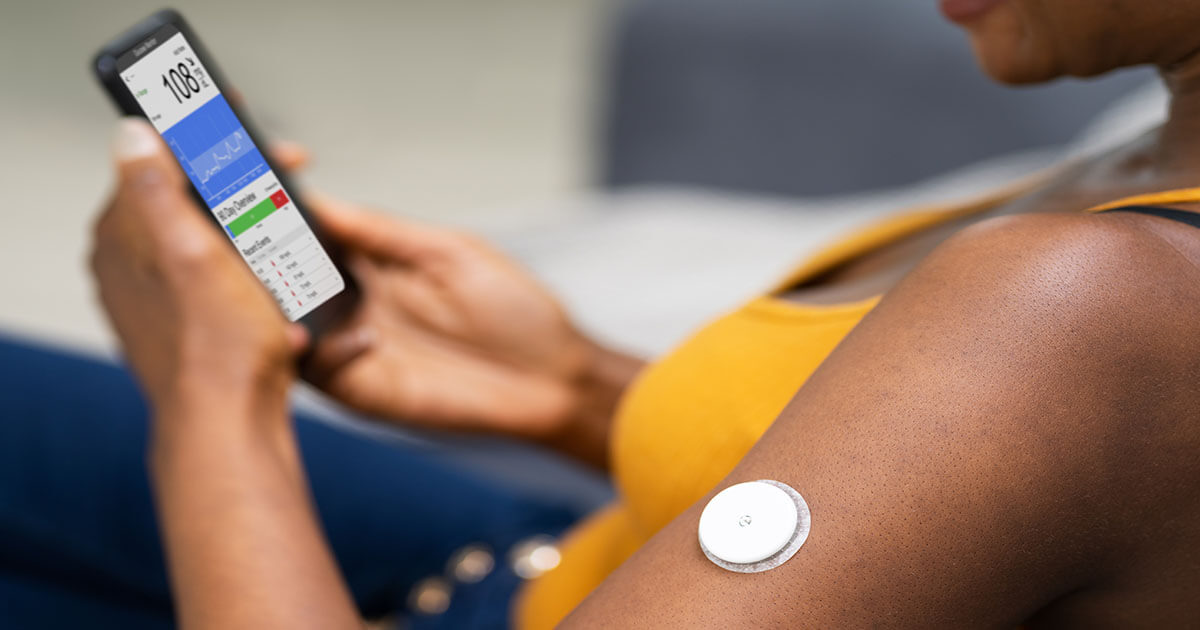The NHS Outcomes Framework (Department of Health, 2012) describes the outcomes and corresponding indicators that will be used to hold NHS organisations to account. The focus remains on delivering improved quality for patients by improving safety, effectiveness and patient experience. In all areas of healthcare, this quality improvement will need to be achieved through improved productivity by streamlining the patient pathway and maintenance of tight financial controls set within the context of rising demand for healthcare services, changing demography, adoption of new technologies, and increasing patient and family expectations. In diabetes care for children and young people (CYP), we have to rise to these challenges so that our vision of delivering effective, safe and personal healthcare for every patient, every time, can be realised.
In the UK, at present, there is no comprehensive standardised approach to healthcare for CYP with type 1 diabetes. In 2009, in an attempt to address this issue, 10 regional CYP diabetes networks were set up with support from NHS Diabetes. These networks together form the National CYP Diabetes Network. Clinical networks are considered to be a key component for the sharing of good practice and maintaining high quality standards (NHS Commissioning Board, 2012).
Working in conjunction with NHS Diabetes and the Department of Health, the National CYP Diabetes Network has recognised the need to develop the National Paediatric Diabetes Service Improvement Delivery Plan. Its aim is to help improve outcomes and the quality and safety of care we provide for our patients and their families. In order to drive clinical quality improvements, the principles concerning patient safety, patient experience and the effectiveness of care have been adopted. Embedded initiatives in this plan should ensure that diabetes services are efficient and effective in a sustainable way and that they will facilitate improvements in the health outcomes that matter most to CYP and their families. Importantly, patients and carers have been considered central to the development of this improvement plan. Their feelings about it are encapsulated in the following quote from a mother of two children with diabetes:
“We who live with diabetes in our lives either delivering the insulin or taking the injections gain experience very rapidly. We hit the 1000 hours of experience needed to count yourself an ‘expert’ in the field very quickly, perhaps far more quickly than the clinical staff who wish to help and support us in clinic. We also bring our own professional skills, voices and perspectives, but more importantly than that, we are everywhere. In every clinic, you will find a few specialist nurses and at least one consultant but you will find many patients and parents. Most are very aware of what happens in our clinic and we have a lot of interest vested in having our service perform as well as it possibly can.
Often the patient or parent voice is expected to be negative. It is thought that we will just tell you what we want with no thought as to how difficult it might be to make it happen. But we live and work in the real world. We understand that expectation has to be high to encourage commissioning and championing of what we think is needed to give our children and young people with diabetes the best shot at a good quality and long life. These expectations need to be shared in every clinic, large or small and at every level in the NHS. We are in every clinic and we are ready to be heard. Let’s harness that reach and will to succeed so that it can be used to empower and guide the production of quality services for our children. Knowledge is the key to living with diabetes, it is also the key to planning how to care for those living with diabetes. Let us share what we know and shape the services our children and families need.”
Children and young people, and their families do need to be involved in all future modelling of the clinical services they will receive, and their experiences of using our diabetes services will be measured.
The National Paediatric Diabetes Service Improvement Delivery Plan has been written in such a way as to provide a framework for all diabetes teams to improve the care they deliver to children and families. It consists of 13 work streams, which have been mapped to the five domains of the NHS Outcomes Framework. It has tried to be clear about objectives and deliverables, and to consider the full range of action areas that will be required to achieve these objectives and for successful implementation. It emphasises the importance of service specifications with commissioners being agreed and contractual arrangements put in place in order that the best practice tariff can legitimately be paid to provider organisations.
Within it, consideration has also been given as to whether designing and developing new service models and clinical pathways is needed, along with identifying any efficiency and productivity changes to be achieved and how these can be delivered. Individual teams will have to give thought as to what influences patient or referrer choice and address any problems in their own team performance, the quality of services offered, referral systems and feedback from commissioners of services, and patients and their families.
The successful implementation of this improvement delivery plan will depend on each diabetes provider unit developing a high-performance work team. It is critical, in this current environment, that our teams are supported to enhance their performance to cope with the current level of change that is upon us. Poor morale will stop teams achieving their goals. The diabetes best practice tariff is affording clinical teams the opportunity to recruit additional members of staff. It is therefore essential that we understand the characteristics of high-performing teams in order to demonstrate a positive return on investment in the workplace. These characteristics form a set of competencies that are the basis of high-performing teams.
Successful teams should demonstrate the following characteristics:
- Shared vision and purpose (clearly defined and documented).
- Agreed team targets.
- Well-defined roles and responsibilities, trust and support within the team.
- Effective communication and conflict resolution.
- Inter-dependence.
- Empowerment and accountability for issues and resolution.
- Enjoyment and satisfaction from working together.
Any diabetes team with a balanced set of these competencies has a much greater chance of being rated as a high-performing team and being successful in delivering patient-centred care.
Individual diabetes teams are currently being assessed in the National Paediatric Diabetes Peer Review Programme along with their written annual report and annual work plan. The preparation of a work-plan template has very often helped teams successfully implement their activity proposals by providing prompts of common issues to be worked through. It also encourages them to identify the key work streams and objectives that must be addressed, as well as the key actions and time scales that are necessary to achieve these.
The team must demonstrate their commitment to continuous improvement. The work plan provides each diabetes team with a working document that can be used to drive their work forward and monitor progress. Even though the amount of work required day-to-day seems overwhelming, it is important that plans that set direction are clear. Teams that do not spend time formulating them will not know where they are going and, consequently, will not know when they have got there and when to celebrate well-earned success.
The regional CYP diabetes networks will have the responsibility to ensure progress is made against this plan in the local areas. The National CYP Diabetes Network will continue its role in facilitating essential dialogue between regions to promote the sharing of best practice in the future.





NHSEI National Clinical Lead for Diabetes in Children and Young People, Fulya Mehta, outlines the areas of focus for improving paediatric diabetes care.
16 Nov 2022